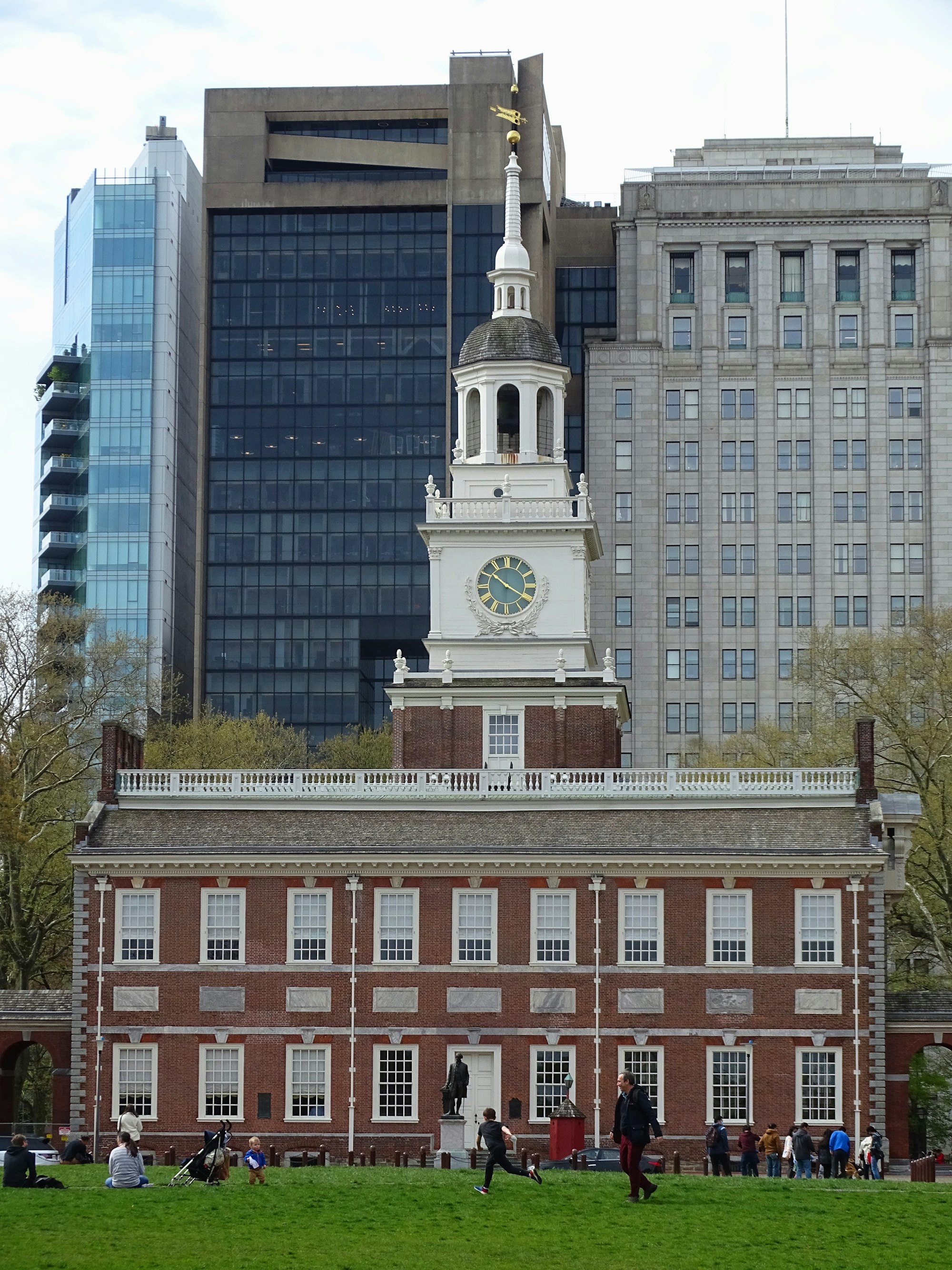The British Court Coming to an Open Rupture with the Continent: Anonymous, 1776.

Out of Philadelphia, 1776, came four anonymous letters. The utility of the letters is to enable one to better understand the position of the "patriots" of the American Revolution concerning the colonies vis-a-vis their relationship with the "Mother Country," so-called.
In this letter, Anonymous unpacks his "suspicion" concerning the conduct of Britain regarding the unpleasantries of time.
August Glen-James, editor
America was the only remaining spot to which their oppression and extortion had not fully reached; and they considered her as a fallow field from which a large income might be drawn, if politically broken up; but the experiment of the stamp-act had taught them to know that they must not hope to effect it by taxation.
If a general review be taken of the conduct of Britain, it will confirm the suspicion which many discerning men, both on this and the other side the water, had at first, which was that the British court wished form the beginning of this dispute to come to an open rupture with the Continent, that she might have a colourable presence to possess herself of the whole. The long and scandalous list of placement and pensioners, and the general profligacy and prodigality of the present reign, exceed the annual supplies. England is drained by taxes, and Ireland impoverished to almost the last farthing, yet the farce of state must be kept up, every thing must give way to the wants and vices of a court. America was the only remaining spot to which their oppression and extortion had not fully reached; and they considered her as a fallow field from which a large income might be drawn, if politically broken up; but the experiment of the stamp-act had taught them to know that they must not hope to effect it by taxation. It is generally believed that Mr. Grenville had nothing more in view in getting the stamp act passed than the raising a revenue in America quietly; and it is fully believed by many that the present king and ministry had no revenue in view in passing the tea-act; their object was a quarrel, by which they expected to accomplish the whole at once, and taxation was only the bone to quarrel about. To see America in arms is probably the very thing they wished for—the unpardonable sin which they wanted her to commit; because it furnished them with a presence for declaring us rebels; and persons conquered under that character forfeit their all, be it where it will, or what it will, to the crown. And as Britain had no apprehension of the military strength of the Continent, nor any doubt of easily subduing it, she would, from motives of political avarice, prefer conquest to any mode of accommodation whatsoever; and it is on this ground only that the continued obstinacy of her conduct can be accounted for.
Some, perhaps, will object to the harshness of this supposition, and endeavour to disprove it by referring to Lord North’s conciliatory plan of the 20th of February 1775, wherein the Colonies are left to tax themselves: To which I reply, that that scheme, instead of weakening, corroborates the suspicion; for, there is strong reason to believe, that the British court never wished to have even that plan, bad as it was, adopted by the Colonies; and this is presumptively proved by her beginning on hostilities between the time of passing that resolve and the time of the different assemblies meeting to deliberate therein. Had no private orders been given to General Gage, he undoubtedly would have avoided any new aggravation in the interim. He was acquainted with the resolve of the 20th of February upwards of three weeks before his famous expedition to Lexington and Concord, and knew likewise that no assembly had at that time met on the business. Truly has it been said that the tender mercies of the wicked are cruel, and when all the circumstances attending this resolve are compared, they amount to a strong presumption that it was only hung out to amuse the English while the effectual military methods was taken to aggravate the Colones to reject it, and, by driving them to hostilities, she might crush them with arms in their hands, and make them glad to compound for their lives with the surrender of their property. That “nothing but a good battle would do” was very common language two years ago in many companies in London; and what has happened since shews that such a scheme was in real contemplation.
[S.3]
